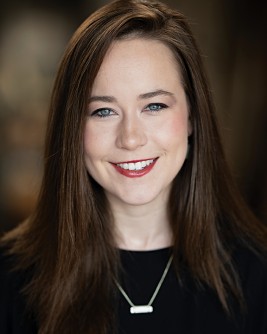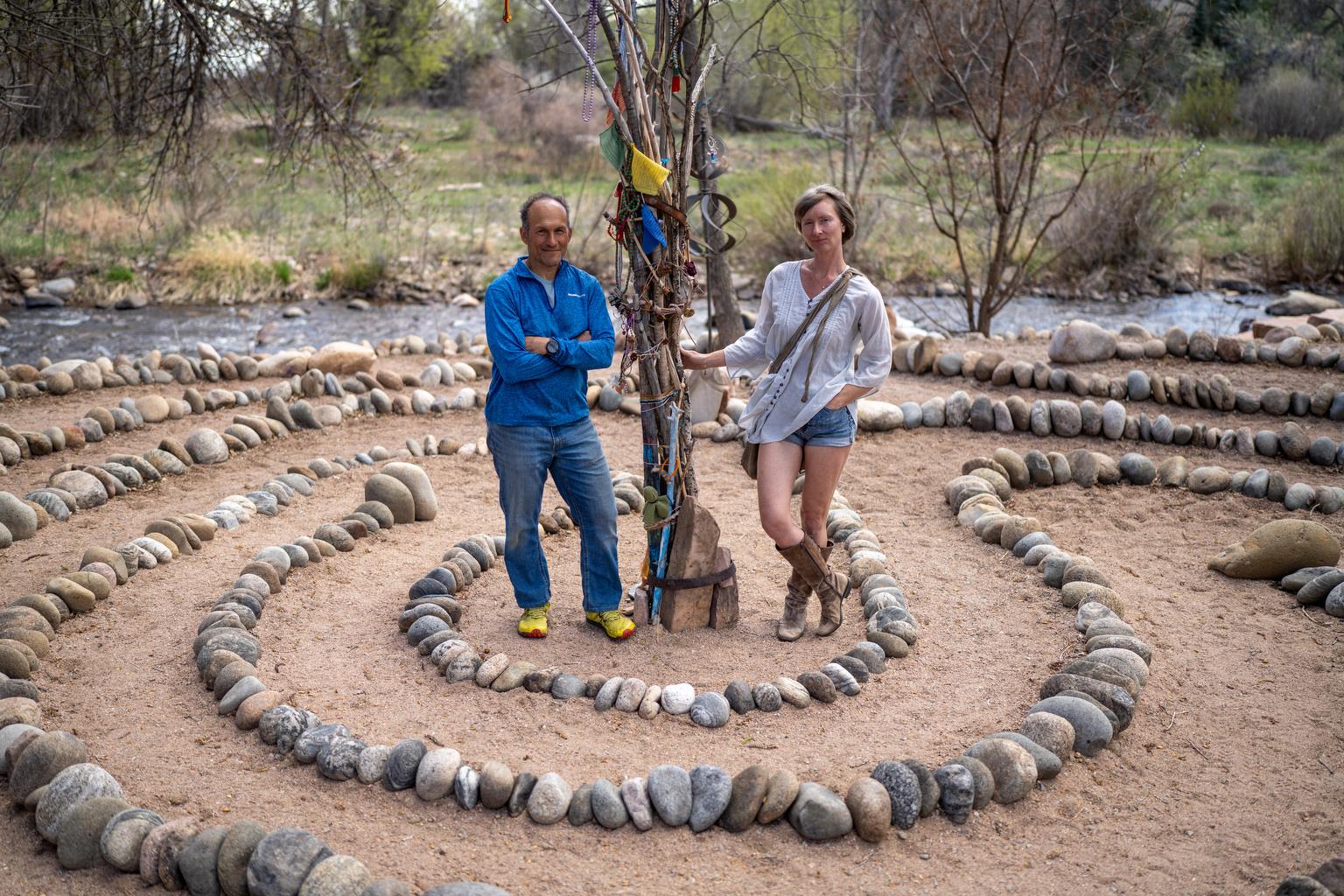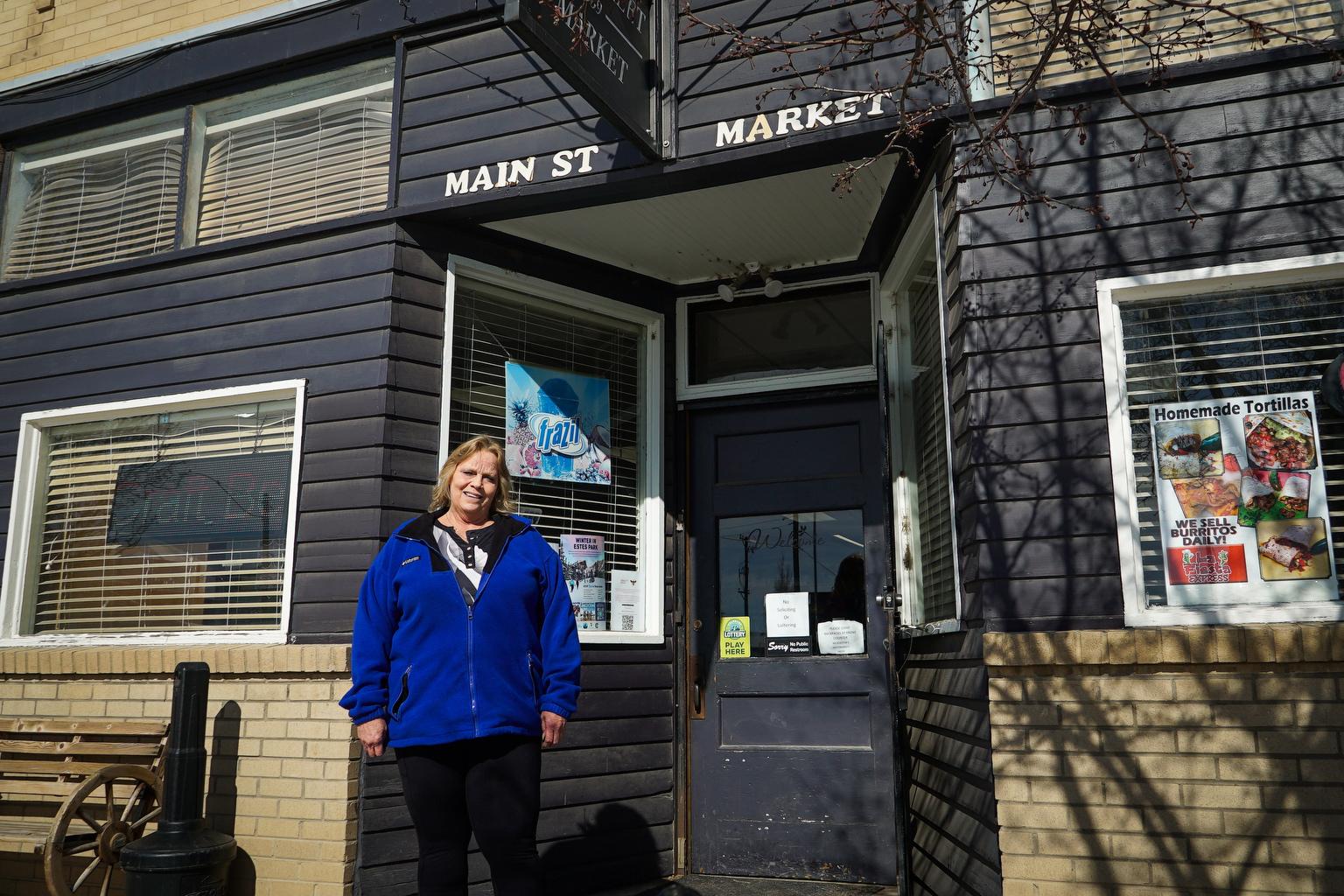
Steph Sherman lost two jobs to pandemic layoffs last spring, even as her husband’s construction work continued. So the couple who live in Red Mesa, outside of Durango, adjusted to living on one income as she stayed home with her children, who are 8, 10 and 12-years-old.
“We’re really good at playing Yahtzee now,” said Sherman, finding the bright side before jumping into the ways that school closures challenged their family.
Classes were mostly virtual for her kids last year, except for a few months of in-person learning in the fall. Remote learning was hard on each of her kids in different ways, especially her 8-year-old, who has an attention disorder.
“He's so behind because of his disabilities that I don't feel like he flourished at all when he was having to do the remote learning,” said Sherman. “I try to just teach him what I know, just simple math, writing and reading...We had to just pick our priorities, and that means not turning in a whole lot of stuff.”
- Natalie Perez Is Recovering Her Hope After A Pandemic Year Of Perseverance
- In The San Luis Valley, Los Promotores Went Door-To-Door With Vital COVID-19 Information
- In Gunnison, Neighbors Step Up To Support Each Other Amid A Mental Health Crisis Only Made Worse By The Pandemic
- Friends And Family Remember 6 Lives That Colorado Lost To The Coronavirus
He receives special education services, and so does her 10-year-old. Their speech, occupational and physical therapists were available over Zoom and sent her print-out resources. But she and her boys struggled to find time to work through those resources on top of regular assignments.
“I'm running up and down stairs... trying to make sure that each kid got the support that they needed,” Sherman said. “If I'm being honest, I didn't get to most of that stuff because I was trying to focus on the priorities.”
Sherman’s 12-year-old daughter struggled with the transition to middle school in the middle of the pandemic disruptions. She slipped from a straight A student into F’s, something her mom said wasn’t like her.
“We're trying to help her, but she's frustrated,” Sherman said.” You know, bless their hearts. They try so hard, but they're stuck in front of a screen.”
For Sherman herself, this year was a doozie. Her grandpa, who raised her, died in April. She was overwhelmed with trying to support her kids with school.
“I've been kind of on a spiral. I've actually had to start therapy, and I had to start taking antidepressants. I wasn't happy being home, and I wasn't happy seeing my kids, and that's not me. So I sought help,” she said.
As COVID-19 cases go down in Colorado, things are looking up. This spring, Sherman’s kids returned to classes in person for four days a week. She’s also been working again as a substitute teacher. Her kids seem happier, and she is too.
“They're excited to come home, and they're excited to tell us about their day. I'm excited for them to be home and to hear about their day, which is refreshing.”
She’s hopeful that their schools will reopen fully soon.
“I'm excited for the five days [a week of in-person learning] because I think that my kids will benefit the most from it … and home can be a fun place again.”









